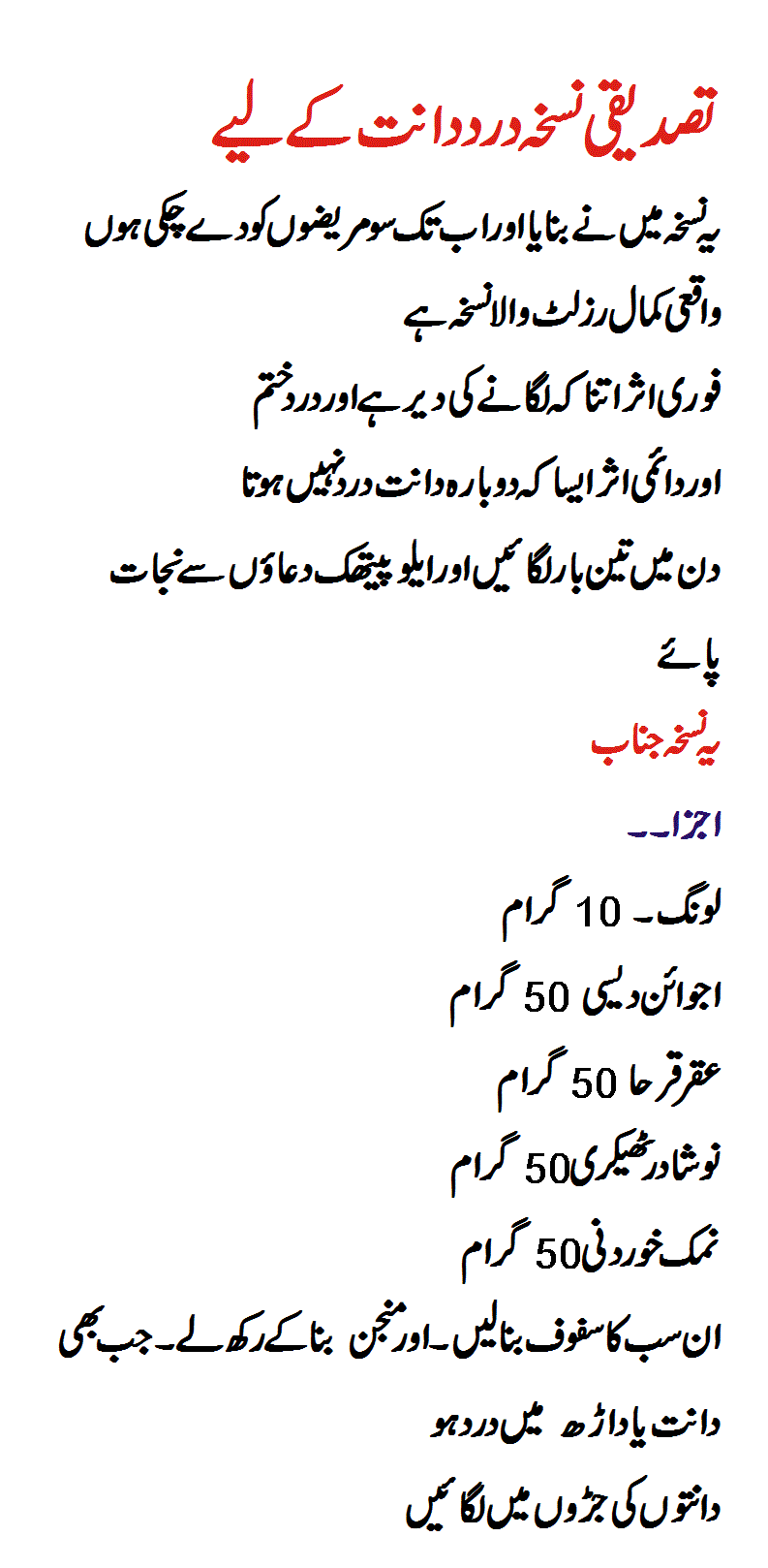In July, a group of state attorneys general announced a settlement with the drug maker Johnson & Johnson and three of the nation’s largest pharmaceutical distributors to resolve claims that their actions helped fuel the opioid epidemic. The main lawsuits accused distributors—McKesson, Cardinal Health, and Americanization of facilitating the flow of massive amounts of diploids into communities and Johnson & Johnson of deceptive opined marketing. The companies denied any wrongdoing.
Meanwhile, the opioid crisis rages on. Overdose deaths reached record highs in 2020—up about 31 percent over the previous year, according to the Centers for Disease Control and Prevention.
One surprising source of those drugs? The dentist.
Overdose rates were two and a half times as high in people who filled an opioid prescription after a dental procedure as they were in those who didn’t, according to a recent study published in the American Journal of Preventive Medicine.
Researchers at the University of Michigan analyzed medical records of teens and adults who underwent a dental procedure such as having their wisdom teeth taken out between 2011 and 2018. Of the 8.5 million procedures analyzed, patients filled a prescription for an opioid such as Vicodin or Oxycontin in almost 27 percent of cases.
In that group, the overdose rate was 5.8 per every 10,000 patients, compared with 2.2 per 10,000 procedures among patients who didn’t fill an opined prescription.
